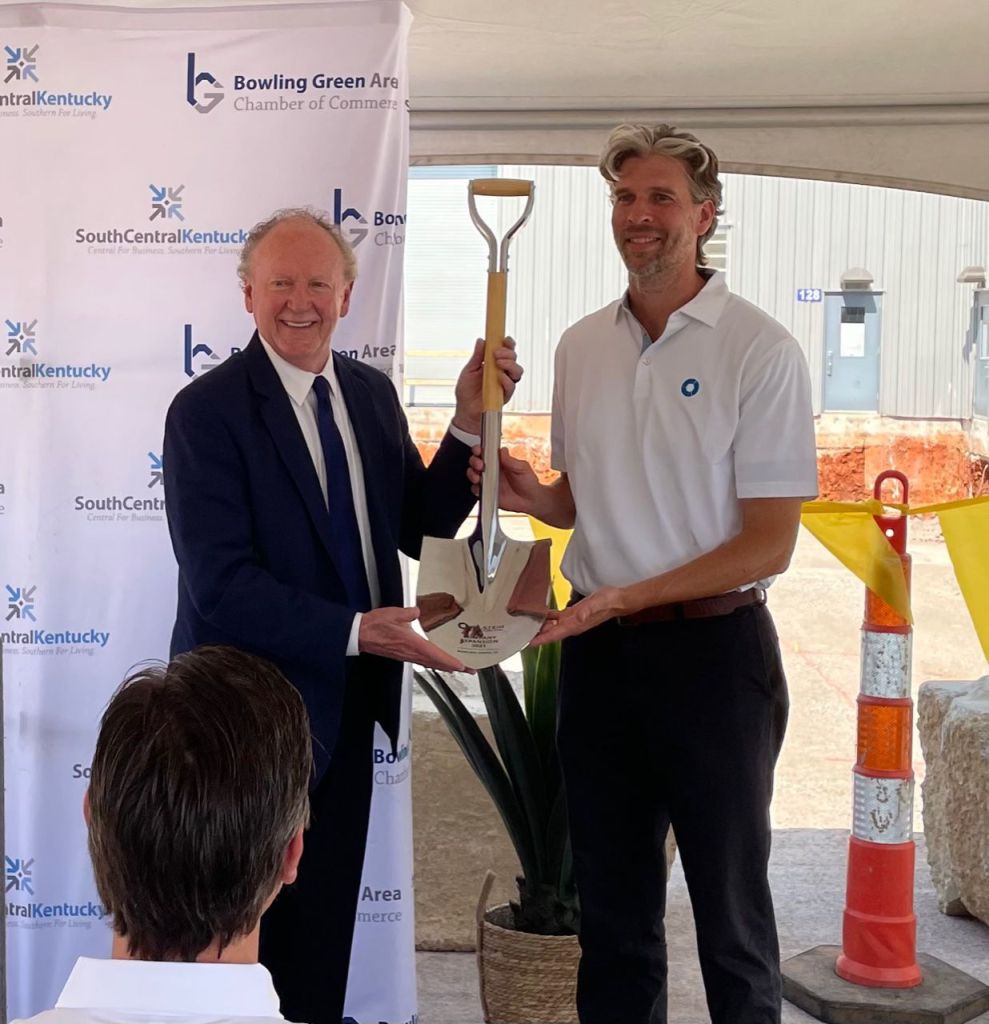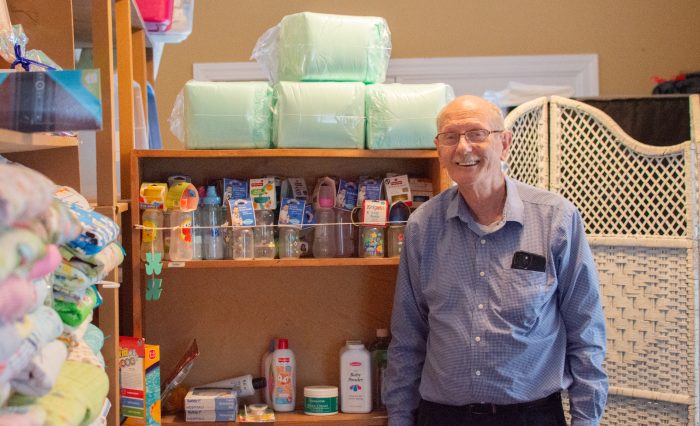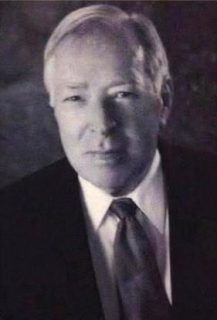Real steel: Bilstein business growth prompts expansion
Published 3:51 pm Thursday, August 5, 2021

- Bilstein Cold Rolled Steel CEO Brent Wilson (right) accepts a ceremonial shovel from Gary Dillard, chairman of the Inter-Modal Transportation Authority, Thursday during a groundbreaking ceremony for an expansion of the Bilstein plant in the Kentucky Transpark.
He hefted a shovelful of dirt Thursday in a ceremonial groundbreaking, but Bilstein Cold Rolled Steel CEO Brent Wilson had already done the heavy lifting needed to put the company in position to expand its plant in the Kentucky Transpark.
Wilson was joined by Bowling Green and Warren County officials in announcing that the German-owned manufacturer of rolls of strip steel products is expanding the 105,000-square-foot plant, only opened in 2017, by another 80,000 square feet to meet growing demand.
Trending
The $17.8 million expansion, which is expected to be completed by the summer of 2022, will add about 25 jobs to the plant’s workforce of 90 people.
Such an investment seems contrary to the current coronavirus-constrained business environment, but Wilson said decisions made when the pandemic started last year enabled Bilstein to make the investment.
“We were one of the only companies that didn’t shut down during the pandemic,” said Wilson, who joined Bilstein in 2019. “We were deemed essential and made the decision to keep running. It was a very good decision.”
Wilson said the expansion will include a significant investment in new furnace technology, allowing the company to boost production without a large increase in workers.
“We need more capacity,” Wilson said. “We’ve had a great run, basically tripling our output over the last 21/2 years.”
Producing rolls of steel that can weigh up to nine tons each, Bilstein has capitalized on a continuing heavy demand from automakers and others for the heavy metal that is only increasing as most pandemic restrictions are eased.
Trending
“We’ve been able to increase our stock, and we were ready to deliver when demand grew,” Wilson said. “There’s generally a shortage in the steel industry now, but we’ve been able to sustain our growth.”
Wilson said Bilstein has faced the same supply-chain challenges as other manufacturers but has been able to grow despite that obstacle.
“It’s a battle because we do import some steel,” he said. “We’re trying to get the majority of our steel domestically.”
The Bilstein plant, which operates around the clock, has also dealt with the workforce challenges that manufacturers and other businesses are facing these days.
“That’s a concern for everybody,” Wilson said of the difficulty in finding employees. “Right now we have a great core group of people, but there’s definitely a labor shortage in Bowling Green. It’s just one of the challenges.”
The expansion announcement is in line with the expectations for the Bilstein plant expressed during its 2017 opening.
Then-CEO Mark Loik said in 2017 that he expected the Bilstein plant to expand to as much as 400,000 square feet on its 64-acre tract by 2027.
Such growth, while important to the local economy, isn’t necessarily the greatest contribution made by Bilstein, according to Bowling Green Area Chamber of Commerce President and CEO Ron Bunch.
The German manufacturer was lured to Bowling Green in 2013, when it was granted $4.9 million in state tax incentives and committed to a $120 million capital investment to get the plant started.
“The announcement by Bilstein was a catalyst for other companies,” Bunch said. “The way we pulled it together served as a platform for other prospects.”
Recent economic development announcements – including the 450,000-square-foot Ball Corp. and the 327,000-square-foot Crown Holdings plants now under construction in the Transpark – are evidence that early commitments from the likes of Bilstein and Bowling Green Metalforming created the momentum that has helped make the Transpark home to nearly two dozen companies employing more than 3,000 people today.
Such growth has led to expansion of the Transpark itself. Recent land purchases have grown the industrial park to nearly twice its original size of 680 acres, and Bunch hints that more growth in acreage and in employers could be coming.
“The number of prospects looking at our community is very promising,” he said.
– Follow business reporter Don Sergent on Twitter @BGDNbusiness or visit bgdailynews.com.






